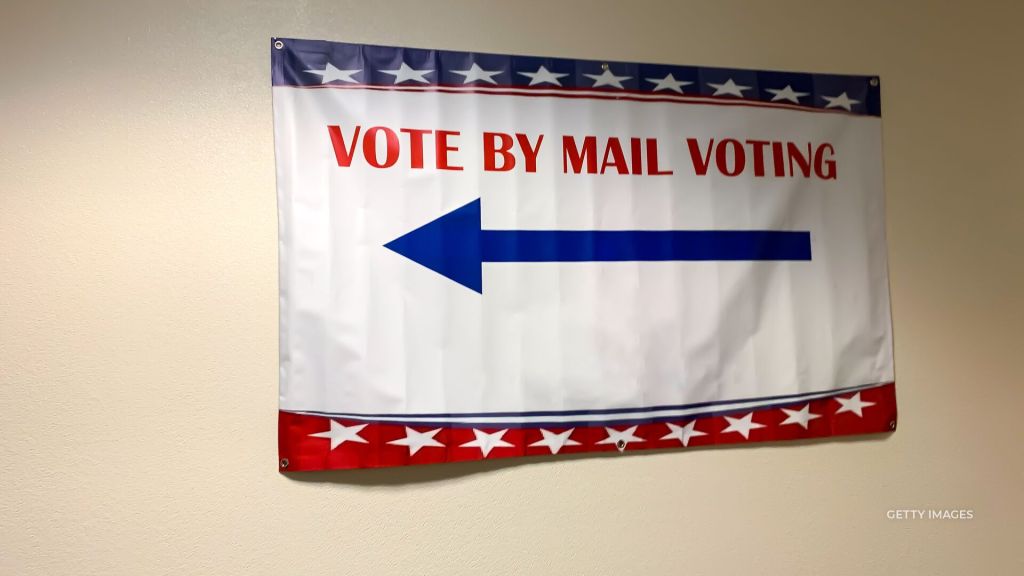In the wake of Texas’ new voter ID law, six of the state’s largest counties have reported unprecedented numbers of rejected mail-in ballots for March’s midterm primary elections. Reuters reached out to the six counties, which cover about a third of Texas’ population. They include:
Nearly all of the rejected Texas ballots have been rejected because voters didn’t include a voter ID number on the envelope, a requirement under the new law. In Harris County, about 35% of the ballots received by earlier this week (3,475 total) had to be rejected. In past years, the rejection rate was between 5% and 10%. This trend appears to be present in other large counties:
- Dallas County officials said they are rejecting 26% of mail-in ballots.
- Collin County Election Administrator Bruce Sherbet said the county is rejecting 25% of mail-in ballots.
- El Paso Elections Administrator Lisa Wise said 270 of the 581 ballots (46%) of the ballots received Tuesday were missing voter ID numbers.
- Williamson County Election Administrator Christopher Davis said about a quarter of ballots arrived with no voter ID number.
Election officials in Hidalgo county said they have rejected 189 of the 3,189 ballots they have received. While that makes for a rejection rate of only about 6%, the officials said by this point in the 2018 midterm election cycle, they had not rejected a single ballot.
“We’ve never heard of anything near as high as this,” said James Slattery, an attorney with the Texas Civil Rights Project.
“Election administrators are in this very bizarre situation where it’s our job to help voters vote … and we’re having to reject ballots at a rate we’ve never seen before,” said Isabel Longoria, the top election official in Harris County.
The number of rejected votes is certain to rise, given that the majority of mail-in ballots have not yet arrived at clerks’ offices. However, Texas election officials said they thought the early problems would get better as voters adjust to the new voter ID requirements.
“I think it’s gonna improve,” Sherbet said. “It was just a rough start.”
